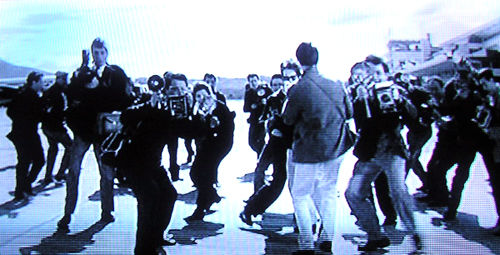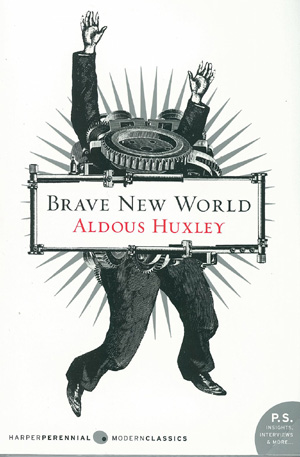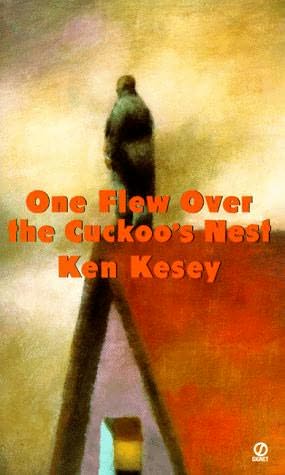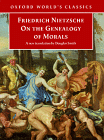So I am going to frank. The whole reason that I started this blog was because it was required for my class. Its pretty simple. But now the class has come to an end and I am really going to miss all of it. I wouldn't say that I have fallen in love with blogging and I think that I would classify myself more as a person who likes to listen to conversations rather than a person who initiates them or plays a major role in them, but I will say that I have really enjoyed the things that I have learned because of my class and maintaining a blog.
#1- The process is just as important as the final product. I always bought into the dogma that the final result of something carried the most benefit. Now I am glad to say I have realized that the process that we take to reach a goal, whether that goal is a school report or some other object, is just as helpful to people as the goal itself. I am not talking about the intrinsic benefit that comes to a person as they learn but I am saying that as we include more people in the process leading up to a goal the outcome is better and those people also benefit.
#2- A man is not an island. This is not necessarily a new view of mine but merely an altered one. The ability to connect with people with new digital tools almost limitless. I think that Kristen taught showed me possibilities the best with her research in India.
#3- Its not about what you know. Its about who you know, what they know, what you know that they don't know and how you both can teach each other what you both don't know. Knowing something is only meaningful if you share it with those around you and don't worry if yo do not know something because you probably know someone that knows tons about that one thing that you are trying to figure out. Get connected and learn.
Just to wrap up I want to say that my Digital Civilization class has been amazing. I have learned more in this class that I can readily apply to my life than any other class I have ever taken. Here is a list of the digital tools that I learned how to use that I will continue using:
-Skype
-Wigits on Blogs
-Use Google Sites
-Alternate Search Engines
-How to embed Video
-How to write a blog
-Prezi
-Photo Editing
And the list continues. So in the words my friend:
To infinity and beyond!


![[IMG_1361.JPG]](https://blogger.googleusercontent.com/img/b/R29vZ2xl/AVvXsEiT31xZSaBcfaopuzxAbJj9MNx0u90XqOvGaOX3lJSi2WvzzfFAt8tZBEYctu79i9X_Gk412TZqVKYHeCmGRrp04NReTOw9ZGVmpVmWRnnDsIk508FRYB6zyR_btOd54p30TJrktkFxJ-M/s220/IMG_1361.JPG)








![[photo.JPG]](https://blogger.googleusercontent.com/img/b/R29vZ2xl/AVvXsEjRXj0STaL3NWw-fAZelekat5anc7Fg5h64HxjOqo0eDYh0IHOoU9LbFGJalvv9Nhwq-9MTSD7egIpLQSXZzg6sTbtUELGoPhCAGARoLIfGdD5ghb4Oh5J7oSkrnnrCpzTsy6AOEixRnHvN/s220/photo.JPG)























.jpg)


